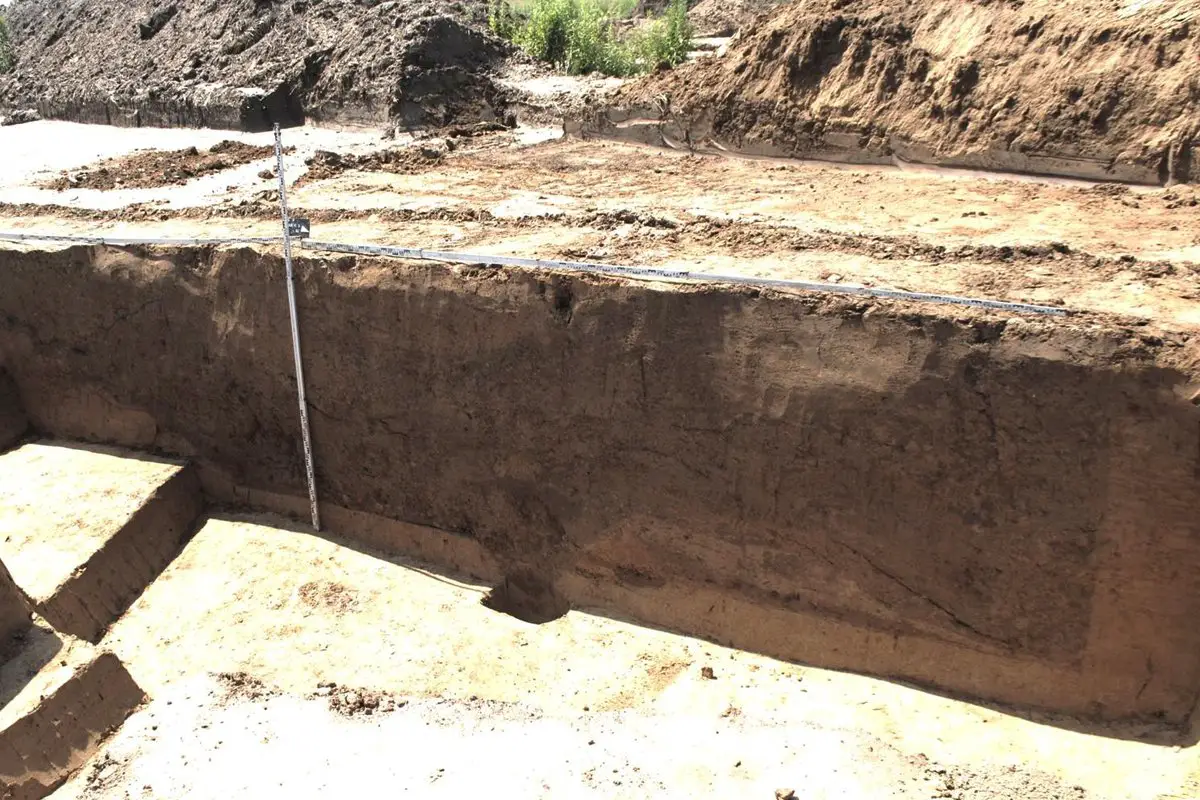A team of archaeologists conducting archaeological works at the S52 construction site have uncovered traces of the Kraków Fortress in the Polish city of Kraków.
S52 is a Polish highway being constructed in the Silesian and Lesser Poland voivodeships, which upon completion will connect the border of the Czech Republic in Cieszyn with Kraków.
Kraków Fortress refers to a series of Austro-Hungarian fortifications constructed during the 19th century. The fortress included the 18th century Kościuszko Insurrection fortifications, the medieval Wawel Castle, and the Kraków city walls. Of the over 50 post-Austrian forts in Krakow, 44 structures have been preserved in their entirety or with minor changes.
Excavations in the area of the northern bypass of Krakow have revealed the remains of earthen structures related to the network of military units being established around the city, whose task was to turn Krakow into a modern border fortress.
The team also uncovered traces of earth embankments and moats, as well as the infrastructure for draining rainwater from the infantry entrenchment area and a wooden shelter from a dugout measuring 25 by 7.5 metres.
A press statement by the Republic of Poland, said: “During the research, objects related to the everyday life of soldiers were discovered. These include a tin enameled mug with a signature on the bottom depicting a double-headed imperial eagle with the inscription Austria and the initials H&C 1/2.”
“The preserved marking allowed us to determine that the mug is a product of the Haardt & Co. factory located in Knittelfeld, Austria. Enamellierwerke und Metallwarenfabriken AG. Founded in 1873 by Friedrich Wilhelm Haardt, the factory produced embossed enamelled dishes, including orders for the then Austrian army.”
Header Image Credit : Republic of Poland
Sources : Republic of Poland





